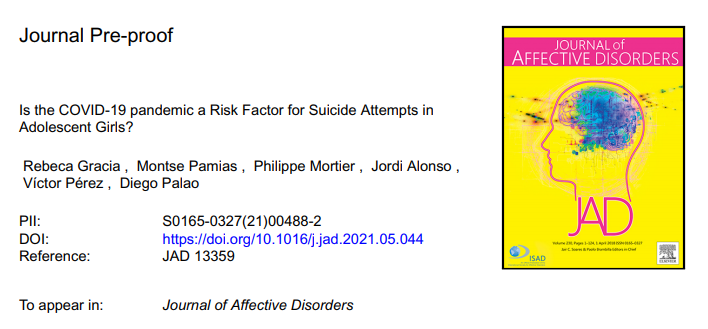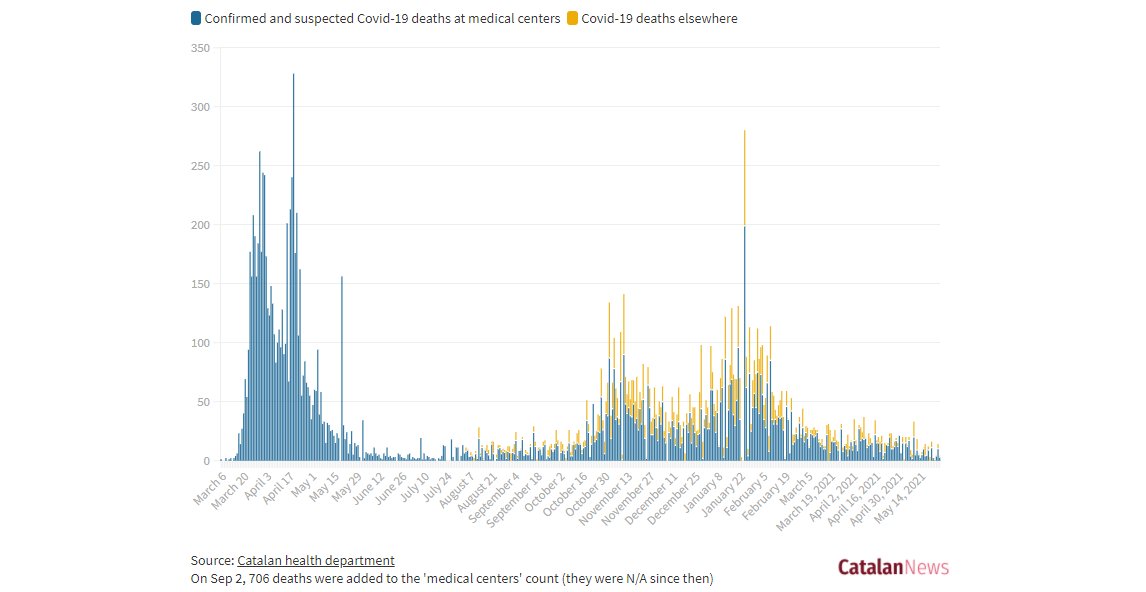
Just in pre-print and quite rough, this study looks at 🇨🇦kids & tries to find an association between (in person, hybrid, and online class) & mental health difficulties.
It finds none.
601 kids surveyed.
23.5% online (ON, AB, NB)
35% in person (BC, maritimes)
41% hybrid (var.)
It finds none.
601 kids surveyed.
23.5% online (ON, AB, NB)
35% in person (BC, maritimes)
41% hybrid (var.)
https://twitter.com/vernondavemack/status/1399210502425767937
Very difficult for me to assess the quality of this study - it's not long and if I were a reviewer I would want to see more descriptive statistics.
/2
/2
It is consistent with other studies of kids during the pandemic, however, and there is growing evidence that kids' stress is related to the pandemic writ large, and not largely "are they in school or not.".
/3
/3
• • •
Missing some Tweet in this thread? You can try to
force a refresh






